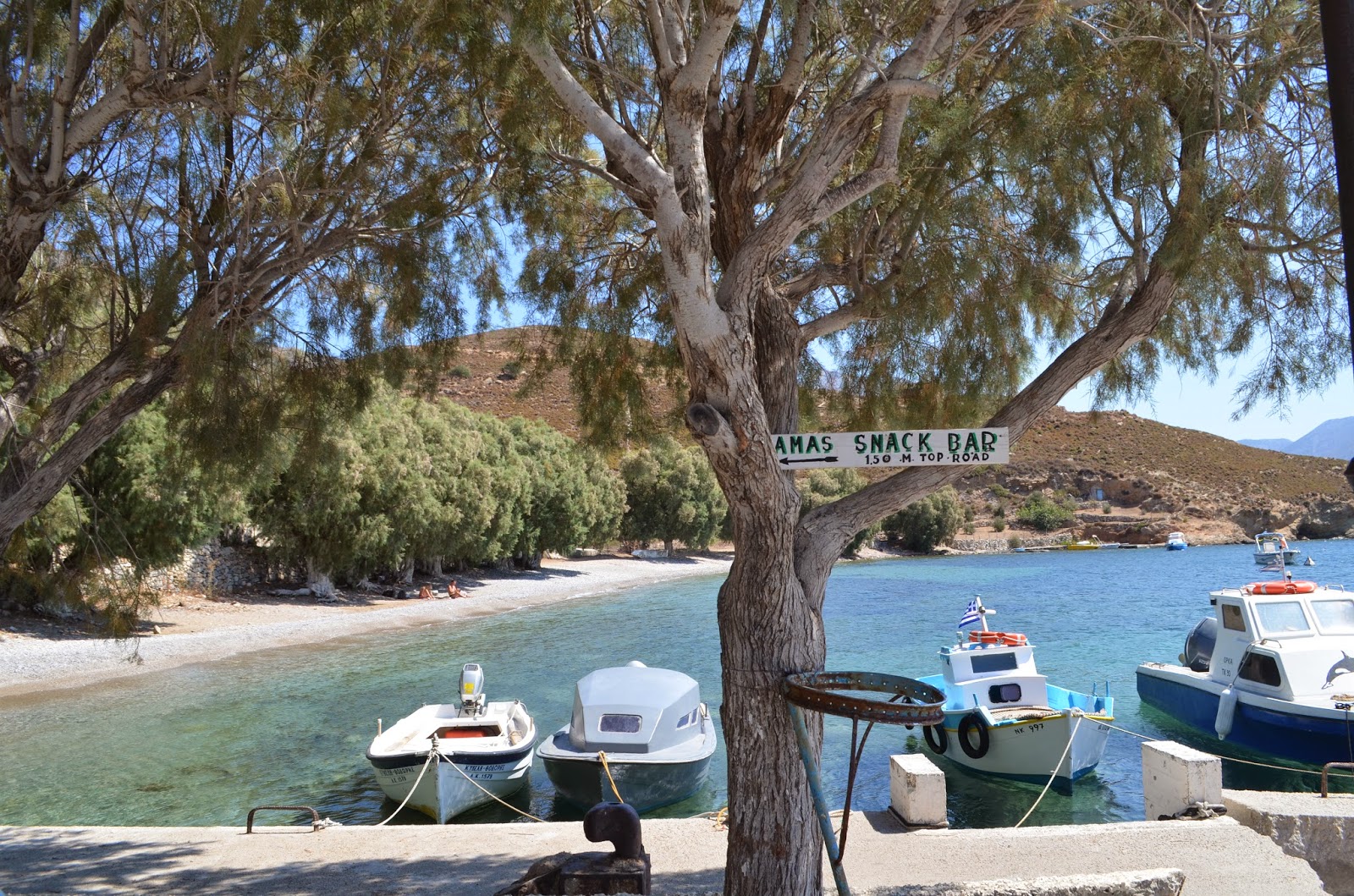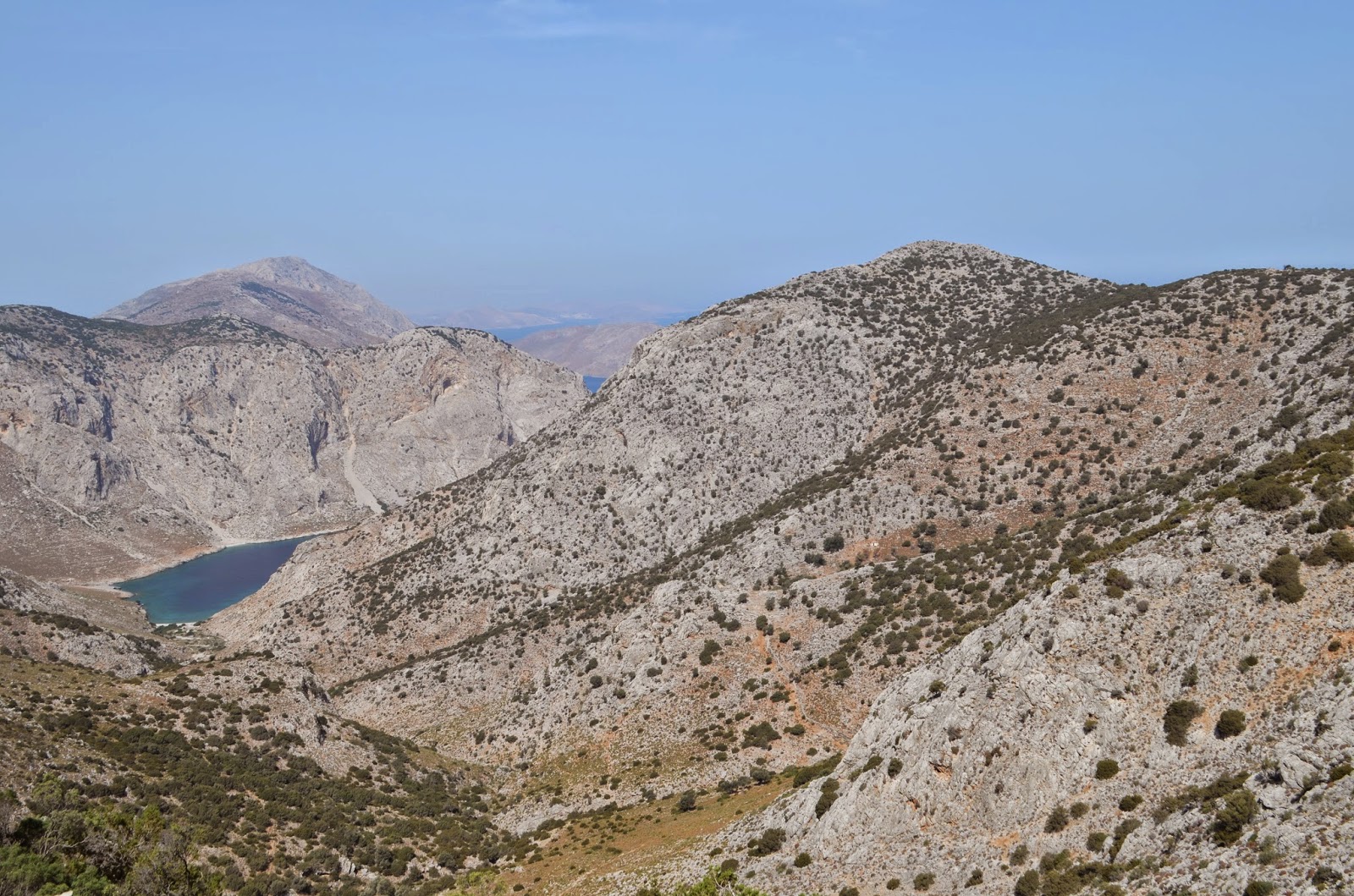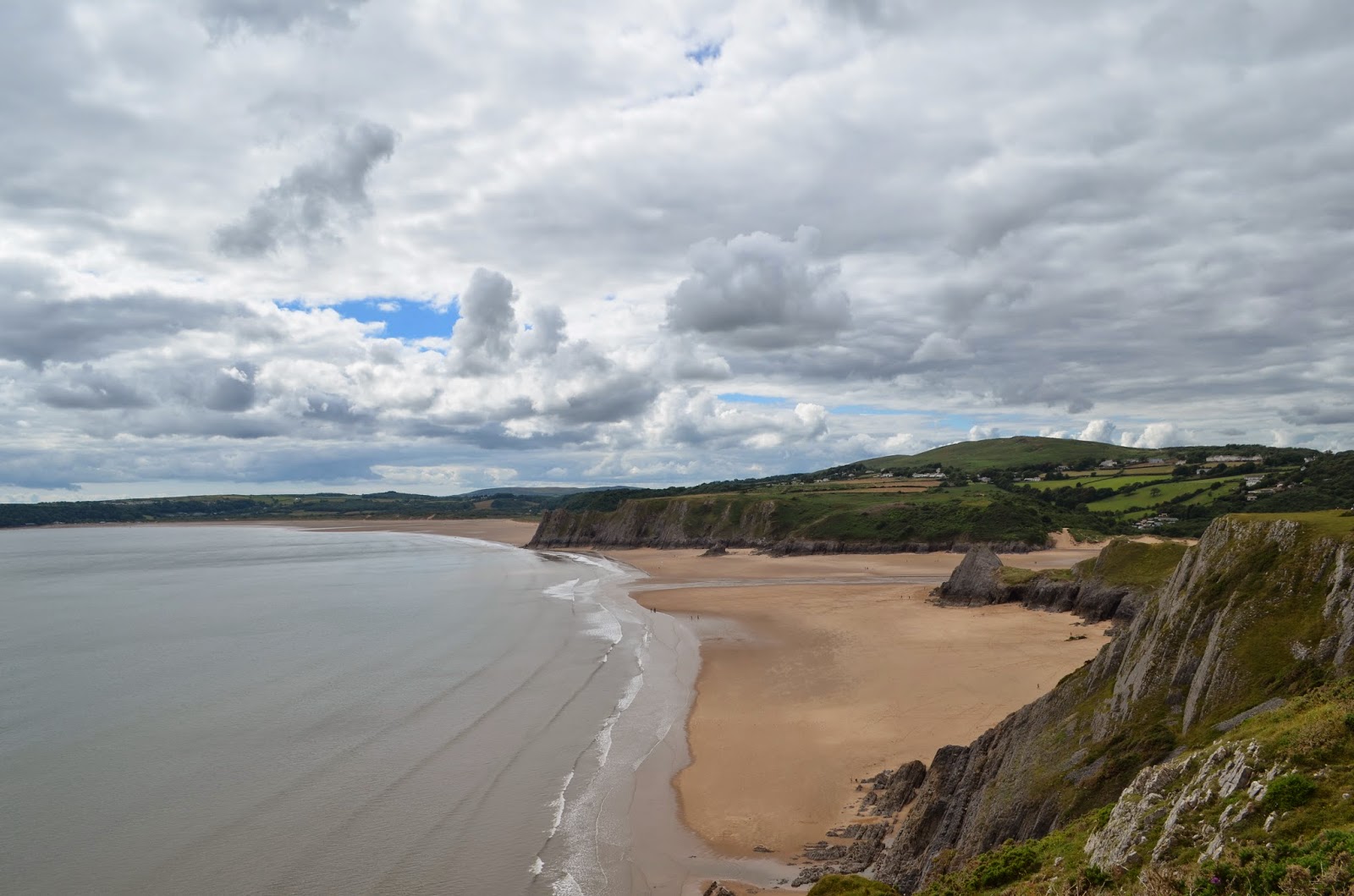This is going to be a slightly different post for me, so please bear with me. A couple of days ago I watched the film
The Normal Heart by Ryan Murphy based on the play by Larry Kramer. Now, first off, I just have to say that I usually don't enjoy tragic or sad films, even if they are supposed to be amazing in every other way. If I read about a film or series that focuses on people being sick or abused, battling cancer or taking care of a sick loved one, I often refuse to watch such productions. I believe that there is a lot of suffering in this world, and sometimes seeing it on a big screen just gets too much. Haneke's
Amour is an example - I put off watching it because I don't need to be reminded how elderly people die, and just how horrible it is. When I eventually did see it, I was moved because it is an incredible film, but also very sad. I just wanted to hug my mum.
But when I stumbled across an
interview with the (amazing!) cast of this film on YouTube (I mean, who doesn't love Matt Bomer?), I was immediately drawn in and knew I had to watch it. What's it about?

It starts in 1981 in NYC, and we meet our protagonist, Ned Weeks, played by Mark Ruffalo. It shows how the first cases of AIDS were discovered, how it was called 'gay cancer' then, and how no one knew what was happening, why it was happening and how to stop it. And how reluctant the government or the Mayor were in speaking about the situation, much less doing something against it. Ned befriends Dr. Emma Bruckner (Julia Roberts), who takes care of a large number of these first cases and who is looking for someone to assist her in the fight against the disease, someone within the gay community. That's how Ned meets Felix Turner, played by Matt Bomer, who is a reporter at the New York Times, and who Ned tries to convince to write about this epidemic. They soon fall in love, and it is such a pure and innocent love that we wish for the film to just end there, because we can all guess what's to come. Felix falls ill. And Ned, already fighting aggressively before, has even more reasons to make some noise and to get the whole population and the government to listen. He never stops, crosses several lines and accuses the government of conspiracy.
It is a powerful film - and it is hard to watch. Because you know it really happened, and because it was not that long ago. The love story at the centre of the story is beautiful, which makes it all the more heartbreaking. I can only imagine what this film will do to someone who lived during that time, or who knew someone then or now affected by this disease. A couple of years ago I saw a play in London, called
Holding the Man. When buying the tickets, we had no idea what the play was about. In a nutshell, it's a love story between two men, who are then both diagnosed with HIV in the mid-eighties. Towards the end of the play, one of them dies, which is shown in detail on stage. It was not only tragic to watch, the reaction by the audience brought it to another level. There were a lot of same-sex couples in the audience, and you couldn't help but notice how the performance on stage affected them. I imagine that some of them maybe remembered what it was like back then, maybe even lost someone they loved, or knew someone who was battling the disease. (Just to avoid any misinterpretation, I know that AIDS is a disease that everyone can get and that is has nothing to do with being gay.) Seeing how that audience reacted, how moved they where by it, showed just how real a story like that is. It created a connection between fiction and reality.
But back to
A Normal Heart. The film reminds us that at the beginning nobody knew what to do, but also how people were afraid to actually do something. AIDS was unknown and the fact that it only appeared in gay men at that time made for a very political situation. It should remind us that everybody deserves to be treated the same in every way. And what kind of power fear itself is.
It also displays the connection and communication within the gay community. It seems unimaginable that the group of activist had someone they knew dying every other week. What kind of life is that? Not knowing how or why? And with no end in sight? Tommy, one of these activists (Jim Parsons) talks about that at yet another funeral: 'This is our social life now'. It seems very realistic that they start to turn against each other. They were so angry with the whole situation, and so unsure of what to do, feeling alone and defenseless, isolated from the rest of the world. There is this one scene, which illustrates that point. They are starting to set up the office of the
GMHC (Gay Men's Health Crisis) when suddenly there is a woman at the door. She talks to Tommy about how she lost her best friend to AIDS the night before, and how she wants to help, even though all her lesbian friends said 'what have you guys ever done for us'. This reaching out by one woman marks, I believe, a turning point in the story, and it is also a truly moving moment.
As Felix becomes sicker, Ned takes care of him in an extremely loving way, at the same time wanting him to fight more than he can. The film doesn't try to be crass or shock the viewers with horrific images more than necessary. It is as much about the political story as it is about the personal one. It also demonstrates beautifully and tragically how in the end all we have is each other. In an actual crisis, it is people that we need to get us through, first and foremost. People to care, to hug, to cry with, to listen, to understand. And it is those people who will then communicate with other human beings to get attention, get help from outside, and fight with and for us.
Also, apart from this being an important story to tell, the setting, acting and directing is spectacular. It's one of those movies where you tell yourself you'll just watch the beginning and then find it impossible to stop. Ruffalo and Bomer are immediately believable as a couple. Both their acting, Ruffalo becoming angrier and louder throughout the film and Bomer getting weaker, thinner, quieter, is truly amazing. They become their characters. Taylor Kitsch is hardly recognizable and gives a wonderful performance, Jim Parsons shows that he is more than Sheldon from The Bing Bang Theory, and Julia Roberts reminds us of her performance in Erin Brockovich, fighting for what's right. The rest of the cast is just as amazing. It seems that everyone gave their all to make this film possible (which, incidentally, would be a story of its own). It really is a piece of art.
It is not a depressing or sad film. It is joyous, moving, powerful and it makes you want to fight for something. For justice, for peace, for the rights of people.
Now, if I haven't scared you away, you can watch the trailer
here.






















































